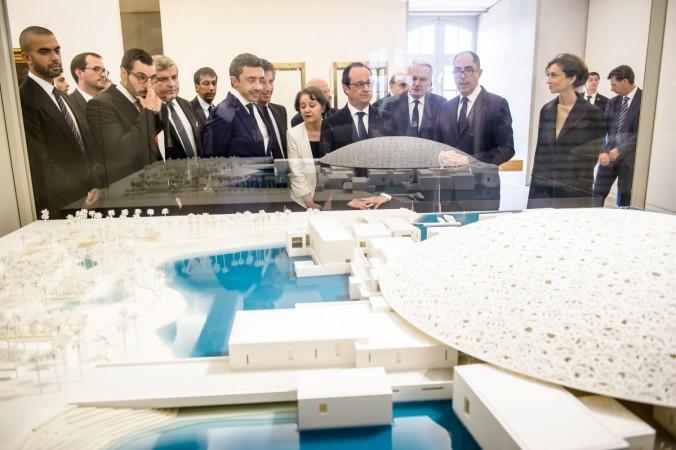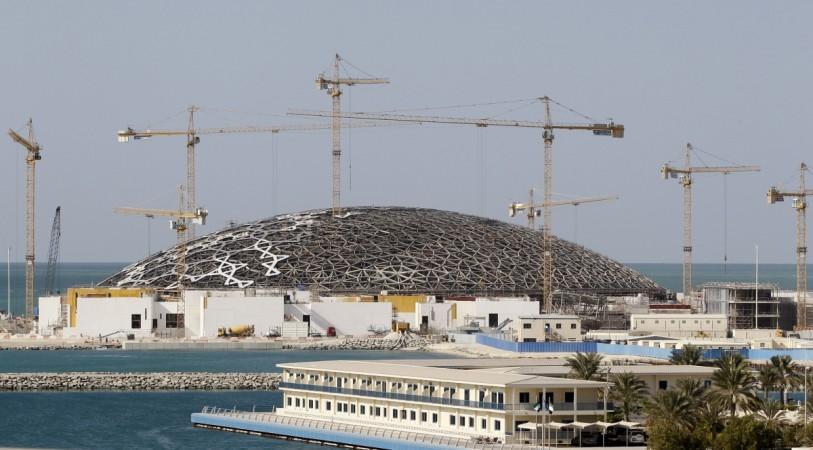
The Louvre project that began ten years ago in Abu Dhabi will finally open on November 11, Cultural Minister of France Françoise Nyssen said on Wednesday.
"It is my pleasure to announce that the Louvre Abu Dhabi will open its doors on November 11," Nyssen was quoted as saying by NDTV.
This museum aims to attract people from neighbouring Arab countries and from around the world.
"Just as the Louvre is the crown jewel of Paris, so the Louvre Abu Dhabi is destined for such distinction," added UAE Culture Minister Sheikh Nahyan bin Mubarak al-Nahyan.
It is the first establishment apart from the original Louvre in Paris, which has the World's largest collection of art.
The Gulf branch of this famous museum and two other planned museums are a part of UAE which aims for a wider push to diversify their economy by shifting its focus away from oil by investing lump sum on tourism, industry and infrastructure.
The chairman of state-owned Tourism Development and Investment Company (TDIC) had told Reuters in 2015 that the Louvre was scheduled to open in 2012 but that target was pushed to second half of 2016.
In mid-2016, the developer, TDIC, had to give away the responsibility of the $650 million museum to Abu Dhabi's Tourism and Cultural Authority (TCA).
A source working on the project had said last year that there was some work still pending then – interiors, testing which is critical as the commissioning takes place.
Following this, there was a sudden boom in the construction sector in the UAE that had created problems as some construction firms struggled to find labour, supplies and financing to complete the work.

TDIC was developing a cultural district in Abu Dhabi that was supposed to house the branches of the Louvre and Guggenheim museums, as well as the Zayed National Museum.
Ideally, Zayed museum was scheduled to open in 2016 and Guggenheim in 2017, but the contracts were yet to be assigned.









